Therapy Approaches We Use to Support Your Healing and Growth
At My Deaf Therapy, we use a holistic approach to support the health and wellness of Deaf and Hard of Hearing individuals. Our
therapists use proven methods to help you create lasting change and live a fulfilling life.
Trauma Focused-Cognitive Behavioral Therapy
TF-CBT helps people, especially children and teens, work through trauma and difficult memories. It combines cognitive behavioral techniques with a focus on healing from trauma. The therapy helps you understand how your past experiences may affect how you feel and behave today, and teaches you healthy ways to cope, feel safer, and
regain control.
Eye Movement Desensitization and Reprocessing (EMDR)
EMDR is a therapy that helps people process and heal from traumatic memories. By using guided eye movements or other forms of rhythmic stimulation, it helps your brain reprocess past experiences so they are no longer as painful. This approach can help you reduce the emotional charge linked to traumatic memories, making it easier to move forward in a healthier way.
Person-Centered Therapy
Person-centered therapy focuses on creating a safe, non-judgmental space where you feel heard and understood. The therapist listens with empathy and offers unconditional support, helping you explore your feelings and experiences. The goal is to empower you to find your own solutions and personal growth, with the therapist guiding you through the process in a way that respects your individual needs and pace.
Acceptance and Commitment Therapy
ACT helps you deal with life’s challenges by focusing on what you can control and letting go of what you can’t. When we dwell on things we can't change, it can lead to more stress and discomfort. ACT teaches you how to shift your mindset and make choices that reduce suffering, giving you more control over how you feel and react.
Cognitive Behavioral Therapy (CBT)
CBT focuses on the connection between your thoughts, feelings, and actions. It helps you
identify unhelpful thoughts or beliefs, and teaches you how to change them. This can help you feel better and make better choices, improving your mental well-being.
Dialectical Behavioral Therapy (DBT)
DBT is helpful for people dealing with extreme emotions, like those seen in PTSD, anxiety,
and depression. It teaches you skills to manage tough feelings, build healthy relationships,
and tolerate difficult situations without letting them control you.
Mindfulness-Based CBT
This approach blends mindfulness and CBT to help you pay attention to your thoughts and feelings without judgment. It can help you manage stress, anxiety, and chronic pain by teaching you to stay calm and focused, even in difficult moments.
Psychodynamic Therapy
Psychodynamic therapy looks at how your past, especially childhood experiences, can affect the way you think and behave today. It helps you become more aware of these patterns, so you
can make positive changes and have
healthier relationships.
Emotionally Focused Therapy
EFT helps couples and families strengthen their bonds by teaching them how to communicate more openly and supportively. It focuses
on understanding and responding to each
other’s emotions with compassion, building
trust and closeness.
Narrative Therapy
Narrative therapy helps people reframe their personal stories and experiences. It views clients as the authors of their own lives and focuses on changing the way they perceive and relate to
the challenges they face. The goal is to help
clients understand their life story in a new, empowering way.
Integrative Therapy
Integrative therapy combines different therapeutic approaches to meet the specific needs of the client. This approach allows therapists to tailor their methods to address a person’s unique concerns, using techniques from multiple schools of thought (e.g., cognitive-behavioral therapy, psychodynamic therapy, and humanistic therapy).
Art Therapy
Art therapy uses creative processes like drawing, painting, or sculpting to help clients express emotions and work through psychological issues. It’s especially useful for those who have difficulty expressing themselves with words and provides a non-verbal way of processing feelings.
Family Therapy
Family therapy helps family members improve communication and resolve conflicts in a healthy way. It focuses on understanding each person’s feelings, needs, and concerns, so everyone feels heard and valued. The therapist works with the family as a whole, helping to build stronger relationships, improve problem-solving skills, and create a more supportive home environment.
Group Therapy
Group therapy brings together people facing similar challenges to share experiences, offer support, and learn from one another. Led by a trained therapist, the group creates a safe and supportive environment where everyone can connect, learn coping strategies, and gain insights. It’s a great way to build a sense of community and realize you’re not alone in your journey.
Somatic Therapy
Somatic therapy focuses on the connection between your body and mind. It helps you become more aware of how your body holds onto stress, emotions, or trauma. By using gentle physical techniques like breathwork, touch, and movement, this therapy helps release tension and promote healing. It’s a way to restore balance and bring greater awareness to your emotional and
physical well-being.
Behavioral Therapy
Behavioral therapy focuses on changing harmful behaviors through learning and reinforcement techniques. It is used to treat a wide range of issues, including phobias, anxiety, and OCD, by identifying unhealthy patterns and replacing them with healthier alternatives.
Attachment-Based Therapy
Attachment-based therapy focuses on improving the relationships and emotional bonds that were formed in early life. It is often used to address issues in close relationships, helping individuals understand how past attachment patterns affect their current relationships and emotional
well-being.
Compassion-Focused Therapy
CFT is designed to help individuals manage feelings of shame and self-criticism. It emphasizes building self-compassion and kindness toward oneself, particularly in dealing with negative thoughts and feelings that can contribute to anxiety
and depression.
Integrative Body-Mind Therapy
IBMT is a holistic approach that combines techniques like mindfulness, meditation, and body awareness with traditional talk therapy. It is designed to reduce stress, enhance self-awareness, and improve emotional regulation by focusing on both the body and the mind.
Solution-Focused Brief Therapy
SFBT is a goal-directed therapy that focuses on finding solutions in the present and future rather than dwelling on the past. It is typically short-term and helps individuals focus on their strengths, resources, and what is working in their life to move forward and reach their goals.
Exposure Therapy
Exposure therapy is a type of cognitive-behavioral therapy that helps individuals confront and manage their fears or anxieties in a controlled and gradual way. By facing distressing situations or thoughts without engaging in avoidance behaviors, clients can learn to reduce their fear and anxiety over time. This approach is particularly effective for treating phobias, trauma, OCD, and other anxiety-related issues by allowing individuals to gain confidence and control over their reactions
to stressors.
Need Urgent Help?
Sometimes we need HELP now. If this is an emergency requiring immediate assistance, please call 911.
For crisis help, we have provided you with some resources to assist you.

